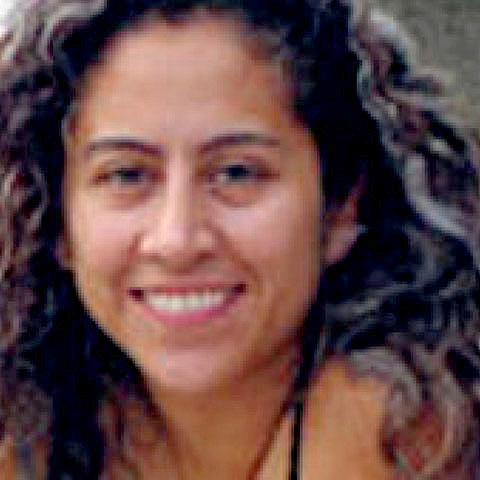Event Details

Topic description:
At the end of the 20th century, a remarkable reformulation of epistemology emerged — naturalized epistemology, characterized by the rejection of infallibilism and apriorism. Naturalized epistemology maintains that empirical scientific results are crucial to solve traditional inquiries about knowledge. Quinean naturalized epistemology claimed that we should abandon traditional epistemology and replace it with psychology. After Quinean epistemology and evolutionary epistemology, another brand of naturalized epistemology rose to prominence, neuro-epistemology, which continues much of the theoretical work begun by the first two programs. Neuro-epistemology tries to answer traditional epistemic questions by analyzing the place where knowledge is produced — the brain. In a way, neuro-epistemology is the updated version of Quine's original proposal. The three programs have accomplished a kind of reductionism, mainly of an eliminative kind. My intuition is that this reductionism has led to major impasses, and that similar critiques can be applied to the three of them. I will focus on the third program, the neuro-naturalization of epistemology, and in particular analyze the kind of explanation it stands for. I will articulate my exposé on the basis of "localizationism" in neuroscience, and point to the necessity of a conceptual interactive-integrative model for neuro-epistemology transcending, among other things, the mind-brain dichotomy.
Biographical note:
Paola Hernández Chávez is currently a visiting fellow at the KLI. She obtained her BA of Philosophy and Master in Humanities from the Universidad Autónoma Metropolitana—Iztapalapa. Mexico (thesis: "Scope and Limits of Evolutionary Epistemology: A Revision") and is currently completing her PhD work in neuro-epistemology.


